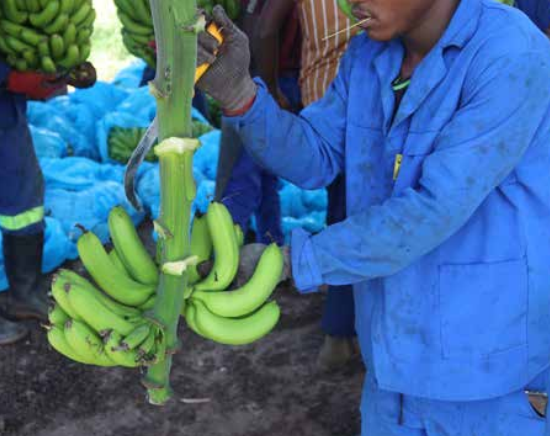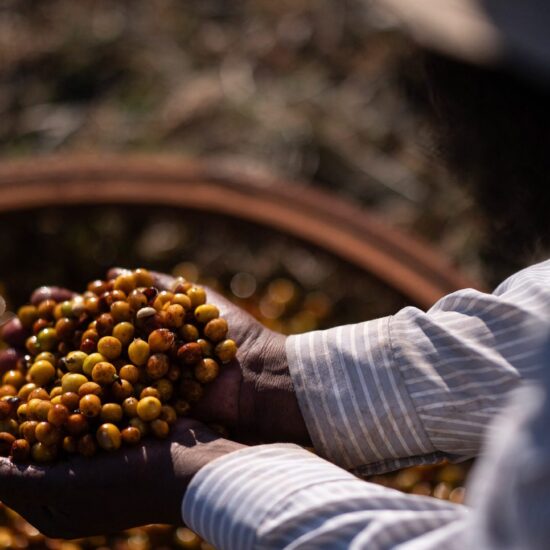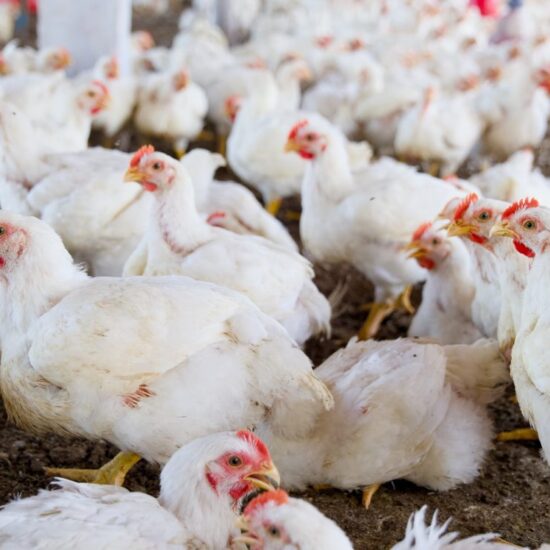
A source at the Ministry of Agriculture has disclosed to the Zambian Business Times – ZBT that government is yet to lift the ban on the exportation of maize but that the the country should instead expect the exportation of mealie meal to be lifted this week or anytime soon.
In an exclusive interview with the Zambian Business Times – ZBT, Agriculture Minister Michael Katambo on 17 March 2021 revealed that government has allowed the exportation of maize and has come up with a specific quantity (quota) that will be allowed for the export.
Michael Katambo said the Grain Traders Association of Zambia (GTAZ), Food Reserve Agency (FRA) and Millers Association of Zambia (MAZ) have reached an tripartite agreement concerning the export.
The Agro Minister said MAZ has signed a Memorandum of Understanding (MOU) with the ministry and will soon disclose the details of the MOU. Efforts to get a comment from the Millers Association of Zambia concerning the contents of the MOU proved futile by press time.
And the Grain Traders Association of Zambia – GTAZ said the exportation will allow the country to earn the much needed foreign exchange. GTAZ Executive Director Chambuleni Simwinga said the country has sufficient maize therefore the price of mealie meal should not be affected whether the country exports or not.
Simwinga said he is positive that the country will have a bumper harvest in this current farming season (2020/2021)m therefore there is no need to keep holding on to maize when the country can export and still have enough for consumption.
Agro Minister Katambo is expected to make the official announcement to spell out the details of the allocated quota for export and will also avail measures that will be put in place to avoid the price of mealie meal escalating out of reach.
Stakeholders have advised that exporting a value added products like mealie meal bring in more foreign exchange into the Zambian economy when compared to exporting maize grain. Moreover, the local milling ensures that jobs are retained in Zambia.







